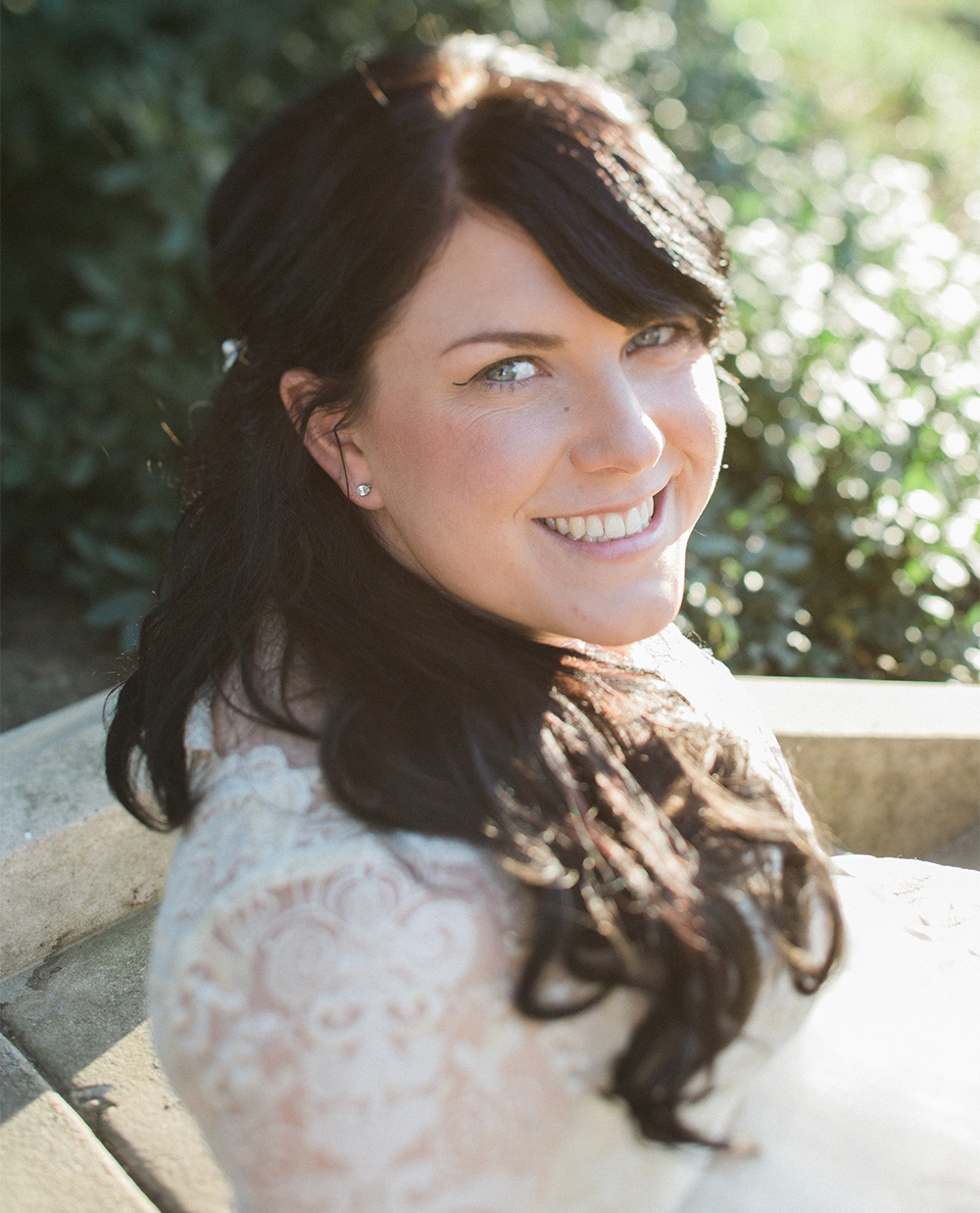Amy Piers is an Australia born, USA based writer, who also happens to be my sister. Aside from this, she has been a teacher, a school chaplain, a nanny, a behaviour specialist, a ghost-writer for a Silicon Valley catering company, an Indian parenting magazine, and a special needs parenting sites. She’s also tried her hand at screenwriting, creating scripts for two full-length feature films, as well as a short sketch comedy series.
On the 12th of January her first book will be released “I See Red”. I chatted to Amy about her inspiration for achieving this debut publication.
-
What drew you to write from two different perspectives in ‘I See Red?’
When I first had the idea to write ‘I See Red,’ the story came out on the page through two people’s points of view – one being the child (Dallas, 6), and the other, an adult (Zoe, 26). As adults, we tend to jump to quick conclusions about why children do the things they do — often without knowing the full picture. So, to write a novel about a child with behavioural difficulties and have the reader only see from an adult’s perspective seemed biased. As situations unfold, the reader begins to see that there is so much more going on in this child’s life — he isn’t acting out for the fun of it. Behaviour is communication, and he’s trying to tell you something. -
How have your experiences as a Behaviour Specialist given you insight to this book?
I worked as a Behaviour Specialist for four years, and for most of the past decade, with children who squish like square pegs into the round holes of society. I have been given a window into the lives of kids who don’t ‘fit,’ who without an intervention of some sort, may become adults who don’t fit. Society is far less kind to adults who exhibit unexpected behaviour, so I learned that the first eight years of childhood is the key time to equip people with social tools that can change lives. Behaviour modification is more than just desperately trying to change someone to be more socially acceptable; its about loving them as they are at this moment, and being kind. -
Can you see yourself in either of the characters Dallas or Zoe?
I want to be very clear to anyone who reads this book, that it isn’t about me or my experiences. The character of Dallas isn’t based on a real child, rather a cluster of common attributes I have observed in many children over two countries and ten years worth of time. I am like Dallas, because I was an odd child — I am unlike Dallas, because I had a very happy childhood, and a great family. Zoe is most like me, simply because I have walked many days in shoes similar to hers. But Zoe isn’t me, because she processes situations very differently than I do. -
You grew up in Australia though currently reside in America. Do you think your Australian upbringing has influenced your writing?
My childhood lent itself to a lot of open-ended, imaginative play. We didn’t have a lot of extra-curricular activities after school, crazy amounts of homework, or expensive toys — so we made our own fun. We always made up stories, gave inanimate objects personalities, and played in the huge backyard. Writing was always fun for me, because I had time and space to be creative. -
What practical advice could you give a desperate parent, who may feel they can no longer cope with a ‘difficult’ child?
Get help. You’re not weak for enlisting professional help, you’re showing strength by wanting to pursue a relationship with your child in spite of current circumstances. If you can’t afford to hire a person, read books, blogs, and websites. I can highly recommend, ‘Transforming the Difficult Child’ by Howard Glasser and Jennifer Easley, and ‘The Explosive Child’ by Ross W. Greene. -
You’ve said that love between an adult and child can be shown in various ways, can you elaborate on this?
Many parents believe that being strict with a child will cause them to dislike you. I have found that (with the right kind of ‘strictness’) the opposite is actually true. Love certainly lies in the sweet, huggable moments — but these tend to be few and far between for parents of children who display difficult behaviors. Love is equally present in firm boundaries and limit-setting. Children can become really anxious when they live under the weight of doing whatever they like — they need an adult to steer the ship. When adults make choices for safety and wellbeing, children feel loved and protected. -
What qualities and skills will you take from your Behaviour Specialist days as you prepare to become a Mum yourself?
With just a few weeks left until I become a mum, I am nervous to publicly state what I will or won’t do, because I’m aware that I might have to eat some humble pie sooner or later. I do know that I am more likely to stay calm, because I have seen such crazy events with children over the years, I have some perspective. I really hope to be someone who enjoys their children and makes time to really know them for who they are at any given point in life. -
In a world of technology, how do you envisage staying ‘connected’ in the future with your own child/children?
My husband and I currently live in San Francisco, which is a wonderful, vibrant — albeit exhausting — city. We plan to move to a less dense city in the future so that we can allow our children to free-range a little more than they would be able to in San Francisco. It’s my hope that we can provide a structured, yet relaxed, childhood experience that includes a lot of parental involvement. We’re fairly minimalist, so we hope to stick to a happier life with less ‘stuff.’
Follow Amy in the lead up to her book release at http://www.amypiers.com/
Subscribe to her blog for bonus chapter leaks!

